Food and nutrition

Fasting, fat and the molecular switches that keep us alive
Nutritional biochemist and JLR AE Sander Kersten has spent decades uncovering how the body adapts to fasting. His discoveries on lipid metabolism and gene regulation reveal how our ancient survival mechanisms may hold keys to modern metabolic health.
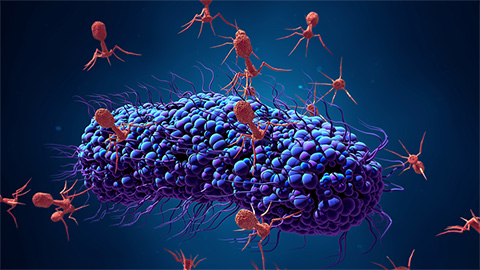
Bacteriophage protein could make queso fresco safer
Researchers characterized the structure and function of PlyP100, a bacteriophage protein that shows promise as a food-safe antimicrobial for preventing Listeria monocytogenes growth in fresh cheeses.
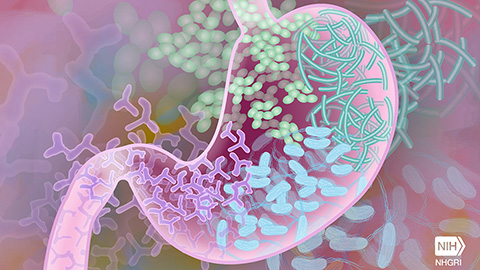
Gut microbes hijack cancer pathway in high-fat diets
Researchers at the Feinstein Institutes for Medical Research found that a high-fat diet increases ammonia-producing bacteria in the gut microbiome of mice, which in turn disrupts TGF-β signaling and promotes colorectal cancer.

Omega-3 lowers inflammation, blood pressure in obese adults
A randomized study shows omega-3 supplements reduce proinflammatory chemokines and lower blood pressure in obese adults, furthering the understanding of how to modulate cardiovascular disease risk.
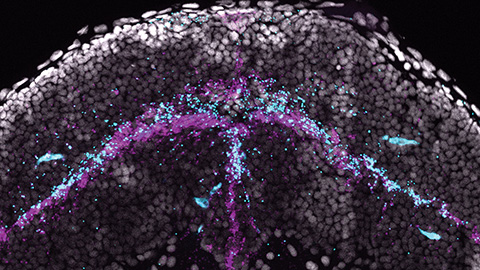
Zebrafish model links low omega-3s to eye abnormalities
Researchers at the University of Colorado Anschutz developed a zebrafish model to show that low maternal docosahexaenoic acid can disrupt embryo eye development and immune gene expression, offering a tool to study nutrition in neurodevelopment.
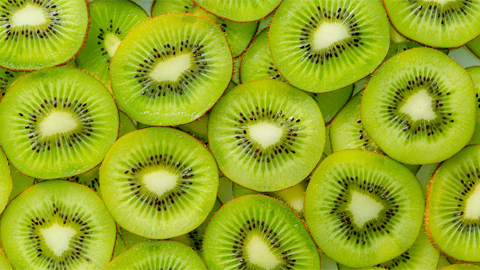
Engineered fusion protein targets kiwifruit pathogen
Synthetic protein selectively kills kiwifruit pathogen, offering a promising biocontrol strategy for agriculture. Read more about this recent JBC paper.
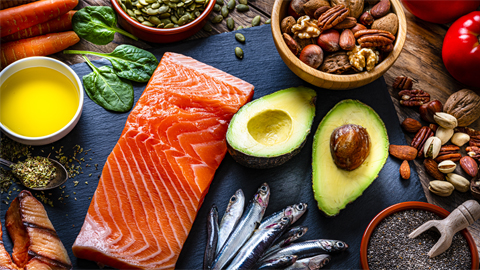
Omega-3 fats linked to healthy aging and improved heart metabolism
Scientists from the University of Iowa find that a diet high in polyunsaturated fatty acids from fish oil increases cardiac triglyceride uptake and improves insulin sensitivity. Read more about this recent JLR study.

A look into the rice glycoproteome
Researchers mapped posttranslational modifications in Oryza sativa, revealing hundreds of alterations tied to key plant processes. Read more about this recent Molecular & Cellular Proteomics paper.
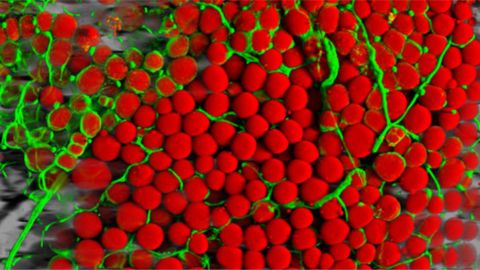
Butter, olive oil, coconut oil — what to choose?
Depending on the chain length and origin of the fat, regular fat consumption changes the specific makeup of fats in bloodstream and affect mild to severe cholesterol patterns. Read about this recent Journal of Lipid Research study.
